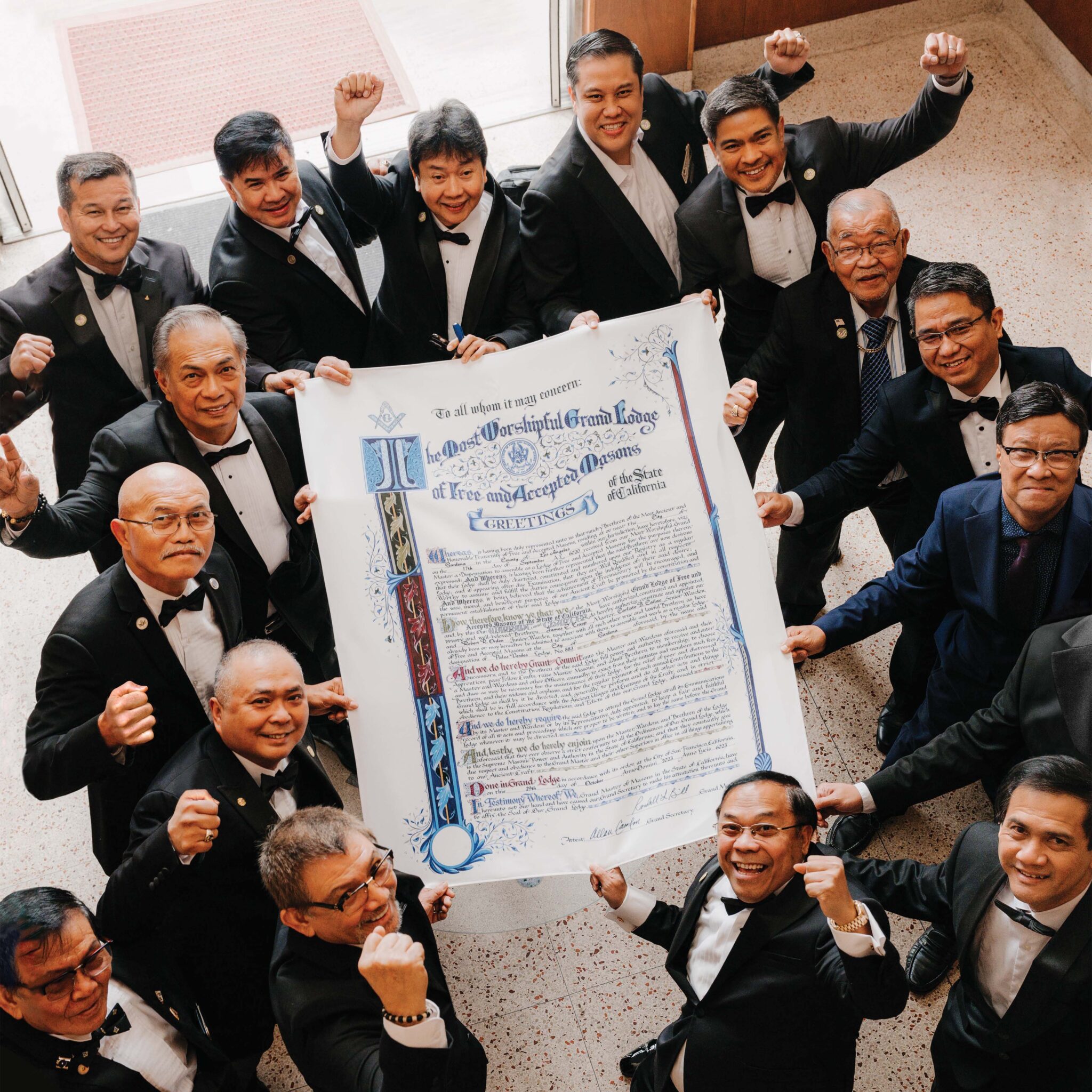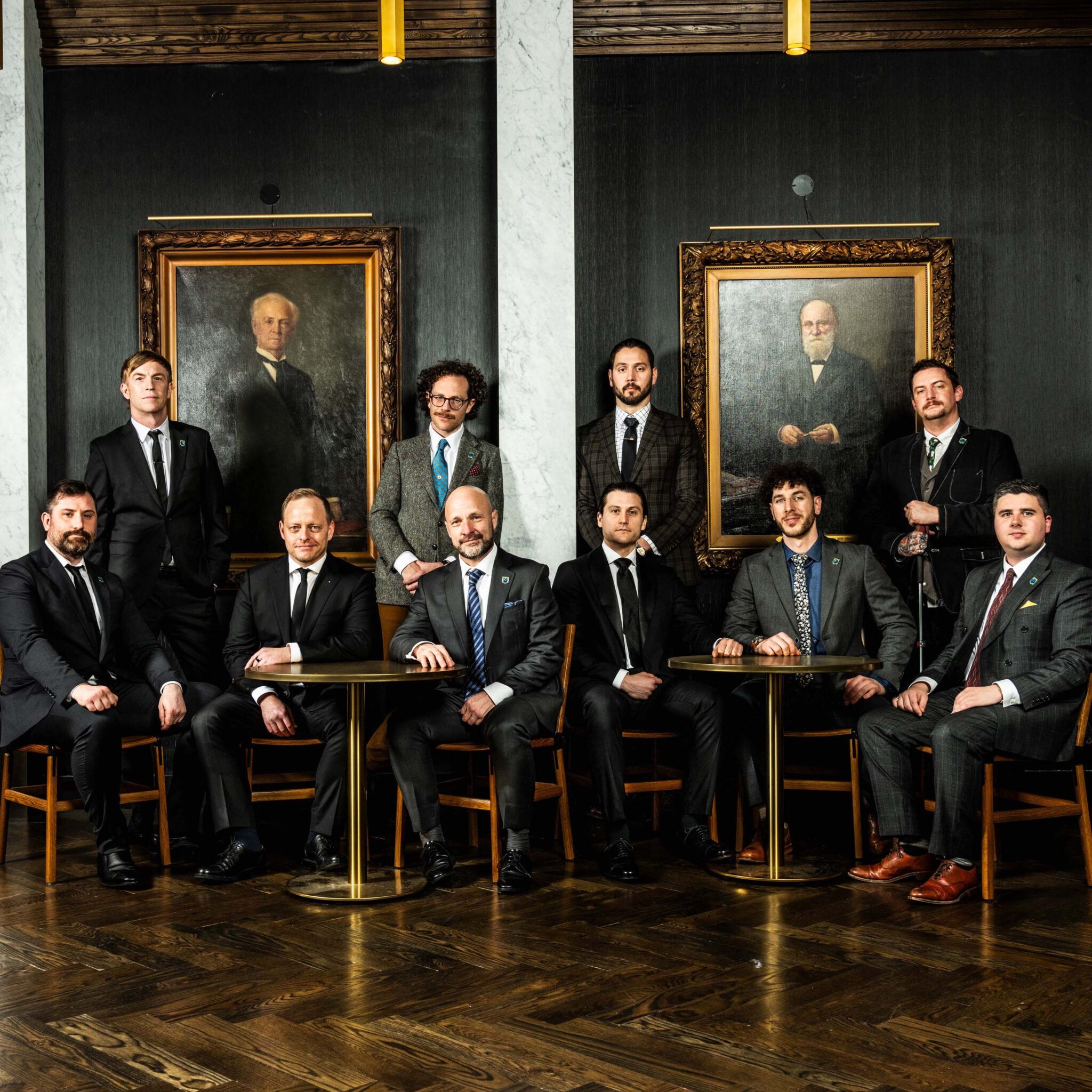
Meet the Builders of California’s Newest Masonic Lodges
A spate of new Masonic lodges have gone up across the state in recent years. What they are building is reshaping the landscape of California Masonry.
Last fall, as Tony Alarcon presided over the monthly meeting of his local commandery of the Knights Templar, he took a moment to ask for a prayer for his father. He’d recently had a fall, which precipitated a rapid decline in his overall health. Now 82 and suffering from dementia, his father had been in and out of the hospital and spent three stints in a local assisted living facility. The ordeal was proving stressful for Alarcon and his family, who were tasked with finding and arranging increasingly acute care for him.
After the meeting, another member pulled Alarcon aside and told him that the Masonic Homes of California had recently updated its eligibility to allow the parents and in-laws of California Masons to access care. So Alarcon made a call, and to his astonishment, just two weeks later, his father was moving into the Masonic Homes of California’s Lorber skilled-nursing residence, just a short drive from his Los Gatos home.
And just like that, Alarcon says, he felt an enormous sense of relief. “Before this, we didn’t know what we were going to do with my dad,” he says. “Having an aging parent can really weigh on a family.”
As soon as his father had settled in, Alarcon began working on the application for his mother to move in to the Masonic Homes’ independent living apartments, so his parents could be together again in spite of their differing care needs.
Outcomes like this are precisely the goal of the new policy, says Sabrina Montes, the chief strategic officer of the Masonic Homes. Thanks to its recently completed renovations in both Union City and Covina, the organization now boasts more capacity, more amenities, and more services than ever before, particularly in the fast-growing areas of assisted living, skilled nursing, and memory care. “We saw the need among our membership, and we have the ability, so the timing made sense,” she says of to live at the Masonic Homes’ 65-and-up senior communities in Union City and Covina, as well as to access other forms of assistance through Masonic Outreach Services—including advice and referrals to in-home care providers and services like the Shared Housing program in Covina. Financial support is also available to those affiliated with a California Mason who’s been in good standing for more than five years, so, if needed, their fees can be partially underwritten by Masonic charitable funds.
That news should come as a relief to many California Masons. The membership today is, on average, younger than in decades past—and less in need of care for themselves. However, they are increasingly focused on securing safe and affordable care for their parents and in-laws. Nationally, the number of adults caring for a parent has grown to about 53 million, according to AARP. At the same time, home health aides and long-term care facilities are prohibitively expensive for most middle-income families. Having a trusted and affordable option in the Masonic Homes of California, with branches in both Los Angeles and the Bay Area, can help fill that gap.
At least it has for one member. “It’s such a relief,” Alarcon says. “We never imagined this was possible. This is why, as Masons, we should do all we can to give back to and support the Masonic Homes.”

A spate of new Masonic lodges have gone up across the state in recent years. What they are building is reshaping the landscape of California Masonry.

Grand Master Sean Metroka explains why building new lodges is the key to the future of the fraternity.

At Logos No. 861 in San Francisco, handmade, lovingly crafted material culture is part of the very fabric of the lodge.